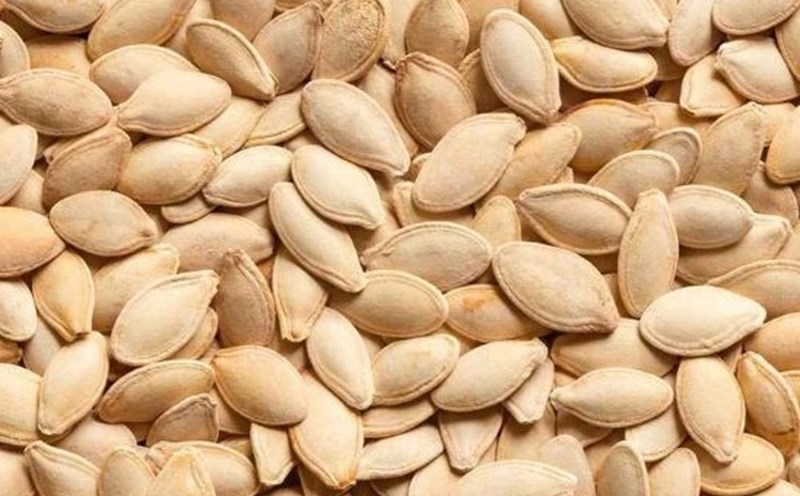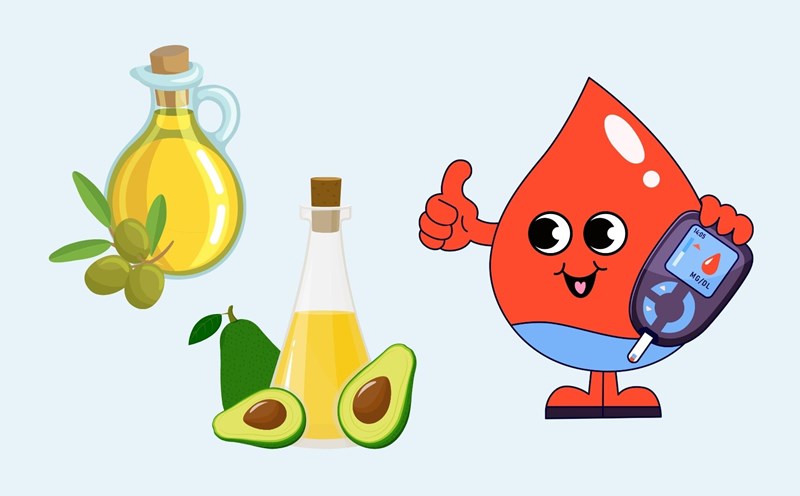Broccoli (green cauliflower)
Broccoli provides about 2.6g of fiber per 100g, mainly soluble fiber. In particular, this vegetable contains sulforaphane, a compound that has the effect of reducing insulin resistance and preventing damage to blood vessels caused by high blood sugar.
Broccoli also contains chromium, a mineral that helps control glucose and blood lipids. Regular consumption of this vegetable helps reduce HbA1c and the risk of small blood vessel complications in patients.
Carrots
Carrots contain about 2.8g of fiber/100g, and have a low glycemic index (GI), only about 39, very suitable for people with diabetes.
The fiber in carrots helps slow down the absorption of sugar, while beta-carotene in carrots also has a strong antioxidant effect, reducing chronic inflammation in people with diabetes.
Eat cooked carrots in moderation or eat them raw with main meals, limit juice because it can lose fiber.
Bitter melon (suffer)
Bitter melon provides about 2g of fiber per 100g and is considered a "natural herb" by both traditional and modern medicine for people with diabetes.
According to a report from the World Health Organization (WHO), bitter melon extract contains charantin and polypeptide-P, which have the same ability to reduce blood sugar as insulin, stimulating cells to absorb glucose more effectively.
Using boiled bitter melon, cooking soup or lightly stir-frying with vegetable oil is a safe way to absorb and retain nutrients without affecting the taste buds.
Apple
An average apple (~150g) contains about 4g of fiber, mainly pectin, a form of soluble fiber that helps regulate blood sugar levels.
Eating apples regularly has been linked to a 28% reduction in the risk of type 2 diabetes.
Apples also provide polyphenols, plant compounds that have anti-inflammatory effects, protect pancreatic beta cells and improve insulin sensitivity.
Amaranth
Amaranth contains about 2.8g of fiber per 100g, and is also rich in natural nitrates, which help dilate blood vessels, improve blood circulation and increase insulin sensitivity.
Adding amaranth to your diet helps reduce fasting blood pressure and blood sugar in patients with prediabetes and type 2 diabetes.
Amaranth can be boiled, steamed or cooked in soup, do not squeeze water due to loss of fiber and increased sugar density.











